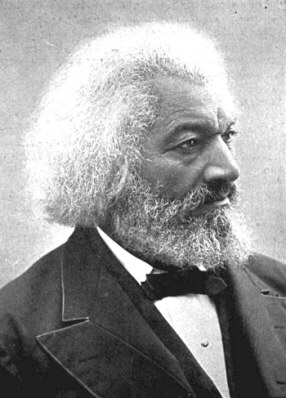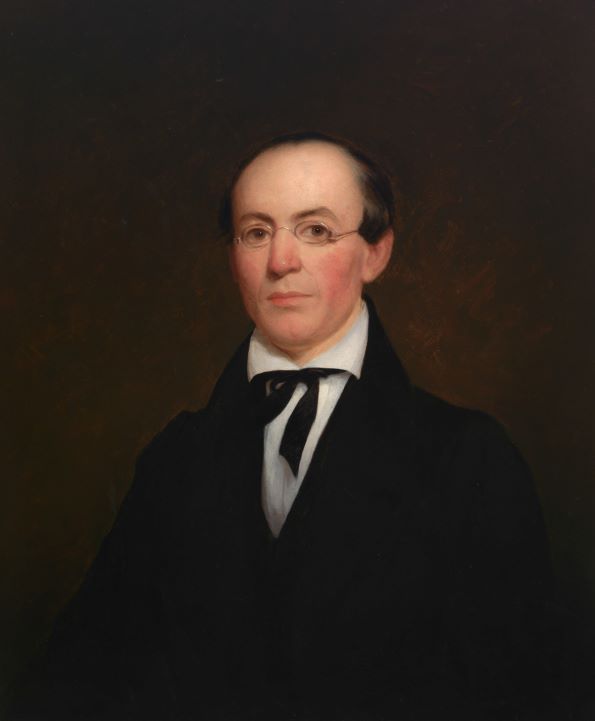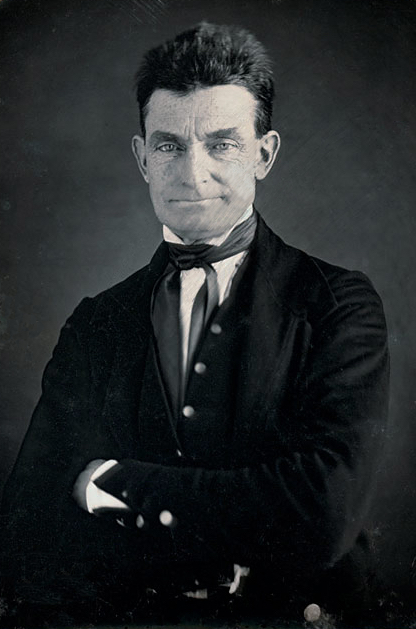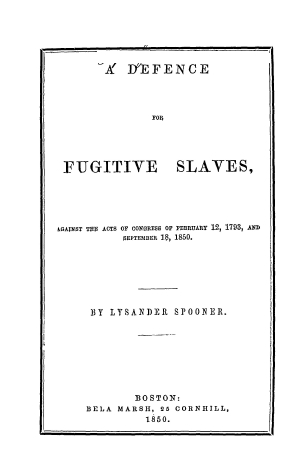
A Defence for Fugitive Slaves (1850)
- Lysander Spooner (author)
Since, in Spooner’s view, slavery was both unjust and unconstitutional, men and women held in slavery had the right to flee, and other people had the right and the duty to help the runaway slaves escape to freedom. This meant violating the Fugitive Slave Acts and breaking the law, but such disobedience would be in the freedom-loving spirit of the Constitution.
Related People
Critical Responses
Journal Article
The Antislavery Judge ReconsideredJeffery M. Schmitt
This article discusses the apparent bind for antislavery judges to rule on the Fugitive Slave Act between liberty and fidelity for the law. It discusses Spooner’s conclusion that slavery was unconstitutional, and how that was applied in practice for antebellum judges.
Connected Readings
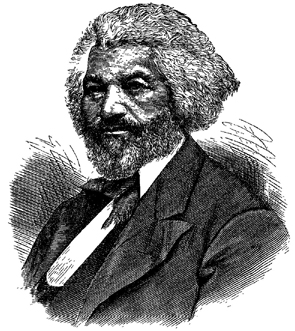

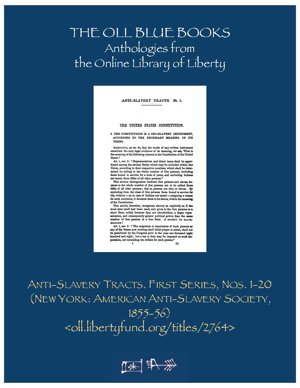
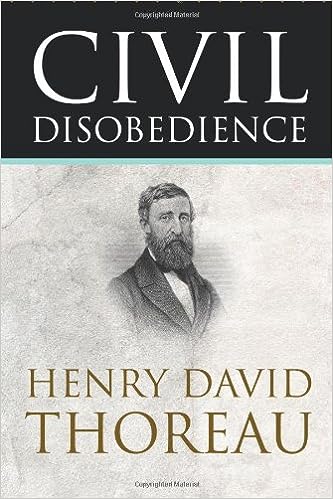
Liberty Matters
The Significance of Lysander SpoonerRandy E. Barnett, Roderick T. Long, Aeon J. Skoble, and Matt Zwolinski
